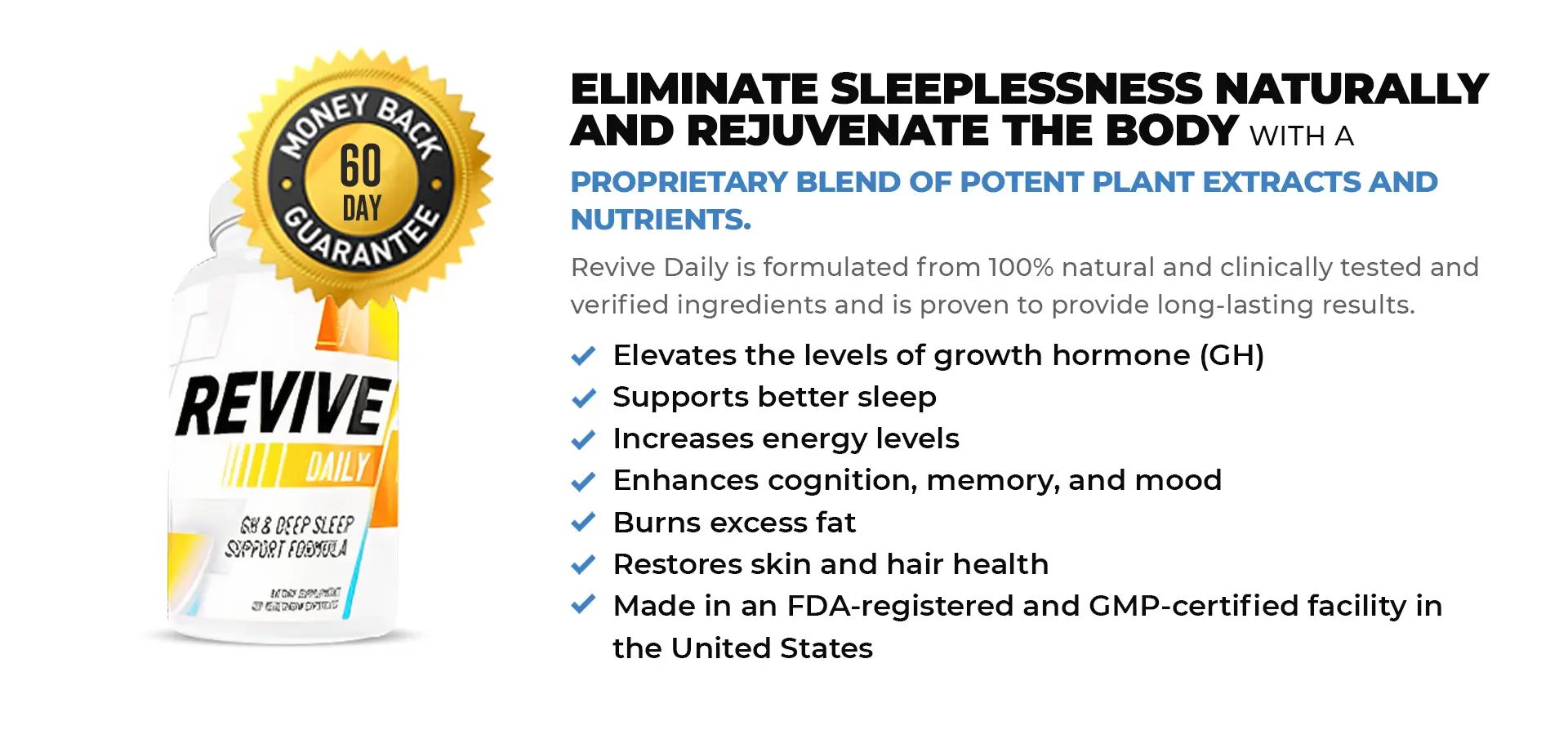Eat a variety of foods for a healthy lifestyle
Everyone knows that variety is important when it comes to diet. Not only is eating the same foods every day boring, but it is extremely unhealthy as well. That is because each type of food contains different nutrients and different levels of those nutrients. The best way to eat healthily is to eat a wide variety of foods from all the food groups.
It is important to eat a good combination of meats, beans, dairy products, fruits, vegetables, and whole grains. All these foods contain important nutrients, and no vitamin pill in existence can provide the vast variety of nutrients your body needs every day.
Of course, simply eating foods from a variety of sources is not enough. It is also important to make smart choices within those food groups. After all, nonfat yogurt and a hot fudge sundae are both dairy products! The best choice in that situation should be obvious, but other choices are more subtle.
Nutritional Labels
Fortunately, the nutritional labels which are required on all packaged foods are a big help for those pursuing a healthier diet. Not only do these labels contain information on the number of calories, fat grams, etc., but they provide detailed information on the levels of many important vitamins and minerals as well.
When choosing healthy foods, small changes can have a huge impact. Simply exchanging fresh, low-fat fish for higher-fat meats can greatly lower the amount of fat in your diet and increase your level of health.
Replacing highly processed grains with more nutritious whole grain products can also have a great impact on healthy eating. In nutritional terms, less is often more – that is less processing and less refining. Processing and refining methods can strip many vital nutrients from foods, so choosing less refined whole-grain foods is important.
Cooking techniques are also very important when maximizing the health benefits of the foods you choose. After taking the time to choose the healthiest, freshest broccoli in the supermarket, it would be quite a waste to slather that cooked broccoli with cheese and butter, for instance.
It would also be a mistake to overcook that broccoli, especially by boiling it in water for a long time. That is because vegetables can lose significant amounts of nutrients through overcooking. When preparing fresh vegetables, it is best to quickly steam them in the microwave or on the stove, using as little water as possible. Use only enough water to keep the vegetables from scorching.
When cooking potatoes, it is a good idea to eat the entire potato, including the skin. Potato skins contain significant levels of nutrients, including fiber, vitamins, and minerals. Cooking a baked potato in the microwave, or on the grill, is a great way to make the skin moist and delicious. In addition, these methods of cooking minimize the need for high-fat butter or sour cream to flavor the potato. In place of these high-fat options, why not use a dollop of plain nonfat yogurt or some low-fat cottage cheese?
Choosing a variety of foods is important to a healthy lifestyle, but it is just as important to limit the number of certain foods. Foods high in sugar, and those high in sodium should be avoided as much as possible. That doesn’t mean you can’t enjoy that piece of cake or serve of potato chips as an occasional snack; it simply means limiting regular consumption of these high-fat, low-nutrition products.
When adopting healthier eating habits, it is important to make changes that you can stick with for the long run. After all, a healthy eating lifestyle is just that, a lifestyle. Changing your shopping, cooking, and eating habits is not easy, but the many benefits make healthy eating an important habit to get into.
DISCLAIMER:
This information is not presented by a medical practitioner and is for educational and informational purposes only. The content is not intended to be a substitute for professional medical advice, diagnosis, or treatment. Always seek the advice of your physician or other qualified healthcare providers with any questions you may have regarding a medical condition. Never disregard professional medical advice or delay in seeking it because of something you have read.
Since natural and/or dietary supplements are not FDA-approved they must be accompanied by a two-part disclaimer on the product label: that the statement has not been evaluated by FDA and that the product is not intended to “diagnose, treat, cure or prevent any disease.”





